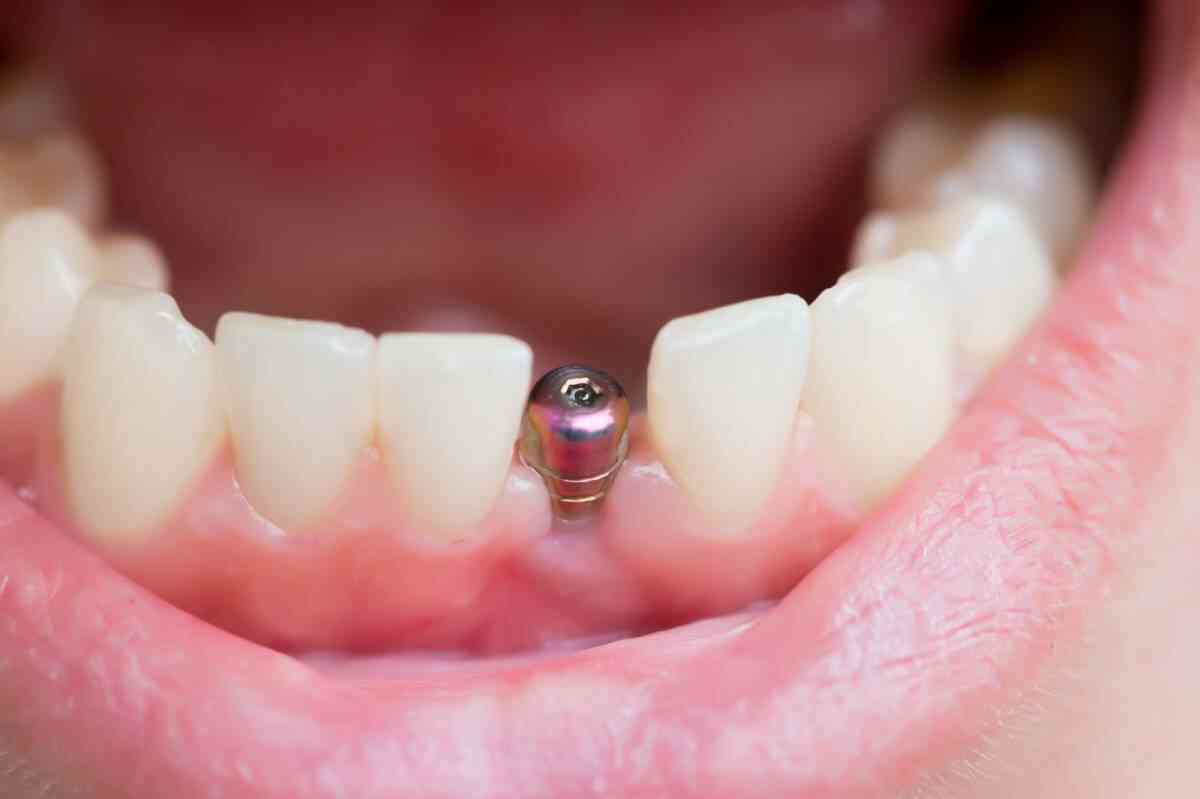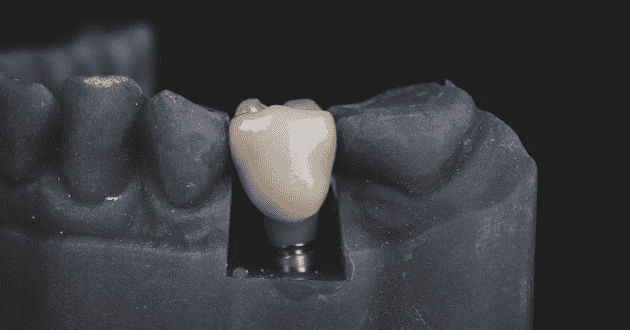7 Myths About Dental Implants
- - Category: Dental Care
- - 08 Mar, 2023
- - Views: 537
- Save

Dental Implants
In recent years, dental implants have grown in popularity as a method of replacing missing teeth. However, there are many myths and misconceptions about this dental treatment that make people avoid this great possibility to restore their teeth. Here are seven of the most common myths about dental implants:
1. Dental implants are painful
Many people are concerned about getting dental implants because they think the process will be excruciatingly painful. Contrary to popular belief, this is untrue. Dental implant surgery is usually done under local anesthesia, which means you will be numb and should not experience any discomfort during the process. After the procedure, some pain and soreness are to be expected, but this can be addressed with pain medications.
2. Dental implants are expensive
While dental implants are more costly than dentures or bridges, they are a long-term investment in your oral health. Dental implants are made to last for many years, and with appropriate maintenance, they can even last a lifetime. Moreover, many dental insurance policies now cover at least a part of the expense of dental implants.
3. Dental implants require a lot of maintenance
Dental implants are meant to perform similarly to natural teeth, requiring the same degree of care and maintenance. Brushing twice a day, flossing once a day, and going to routine dental check-ups and cleanings are all part of it. As long as you take appropriate care of your tooth implants, they should last for many years.
4. Dental implants are not suitable for older adults
Many people think that dental implants are not a reasonable option for elderly adults because their bones are weaker or they are more prone to certain health problems. However, as long as a person's general health is good and they have enough jawbone mass to support the implant, they can be a great choice for people of all ages.
5. Dental implants are a quick fix
While dental implant surgery can be performed in a single day, having dental implants is not a quick fix. The implant usually takes several months to completely fuse with the jawbone before the crown is put on top. This procedure requires several visits to your dentist as well as a dedication to following appropriate aftercare guidelines.
6. Dental implants are only for single-tooth replacement
Dental implants, while commonly used to replace a single missing tooth, can also be used to replace numerous missing teeth. This can be achieved by using implant-supported bridges or dentures. These alternatives to traditional dentures or bridges may provide a more natural-looking and comfortable solution.
7. Dental implants are not as good as natural teeth
Although dental implants are not natural teeth, they are designed to function similarly. Dental implants are constructed of high-quality materials that are meant to be long-lasting and durable. Dental implants can also help to avoid bone loss in the jaw, which can occur when a tooth is lost. This can help to keep your face's shape and structure intact over time.
The bottom line
Dental implants are a great solution for replacing missing teeth. However, there are numerous misconceptions regarding this dental treatment that may make people hesitant to consider it as a reasonable option. You can make an educated decision about whether dental implants are appropriate for you if you understand the facts about them.
Remember that dental implants are intended to work similarly to real teeth and can provide a long-term answer to tooth loss. Contact your dentist if you have any concerns or doubts about dental implants. They can give you the knowledge you need to make the best oral health choice.



